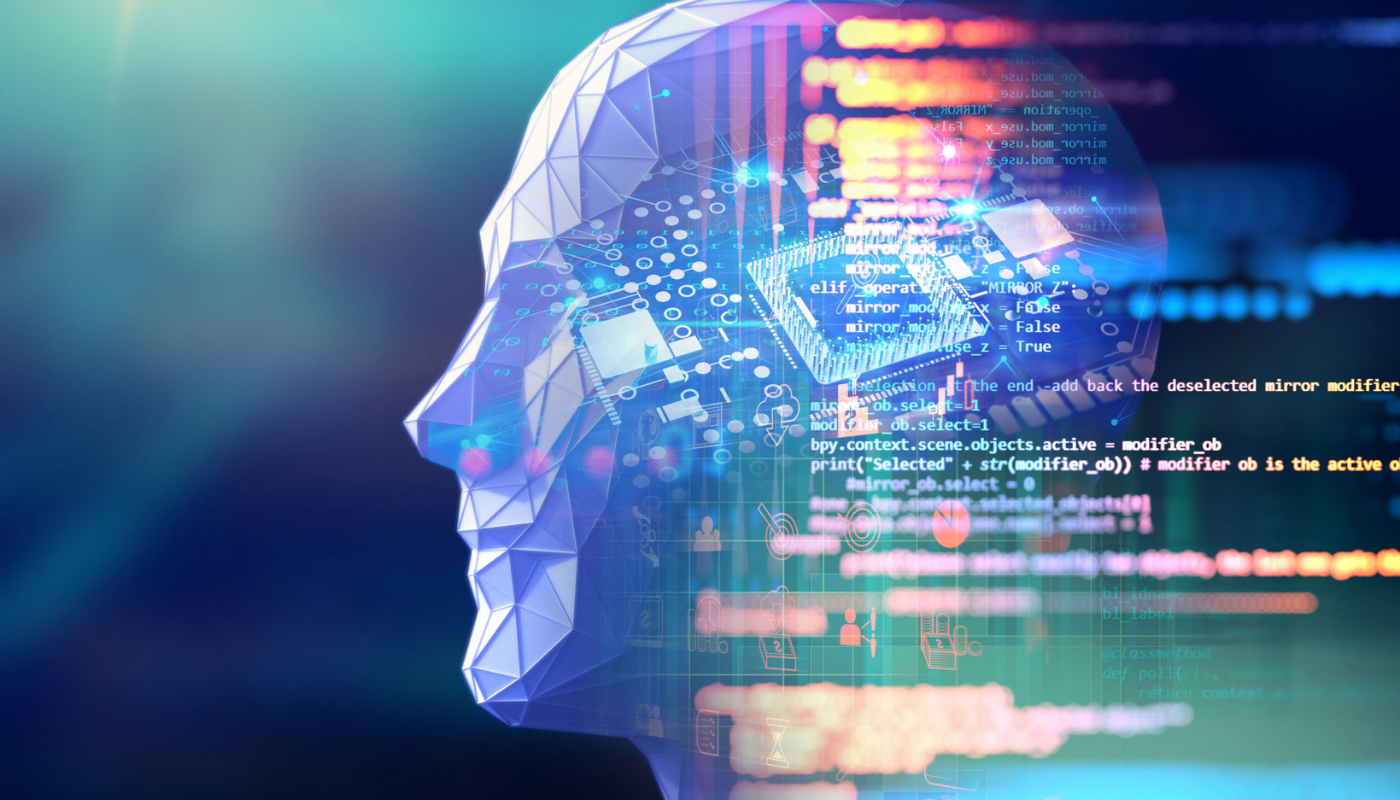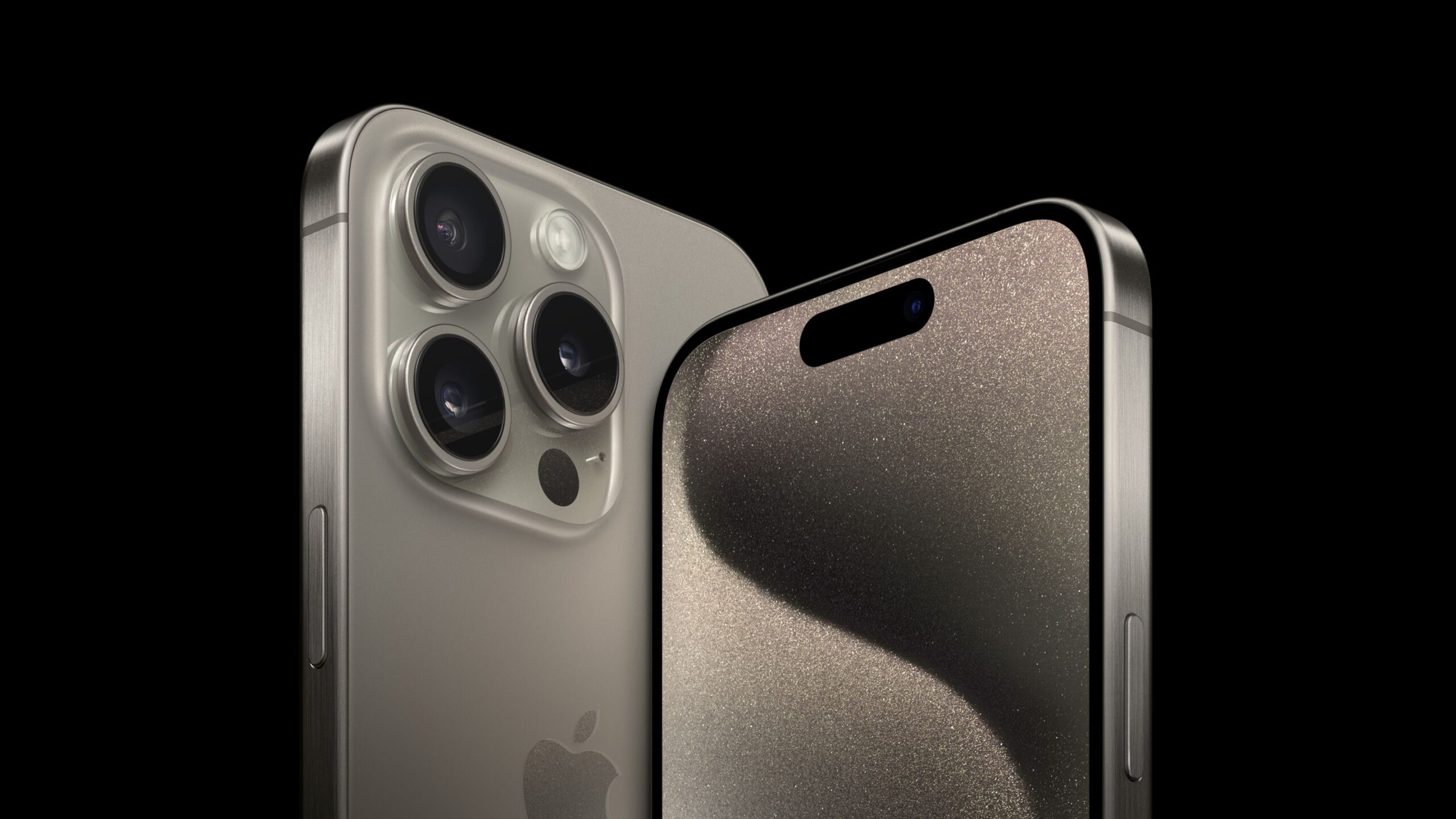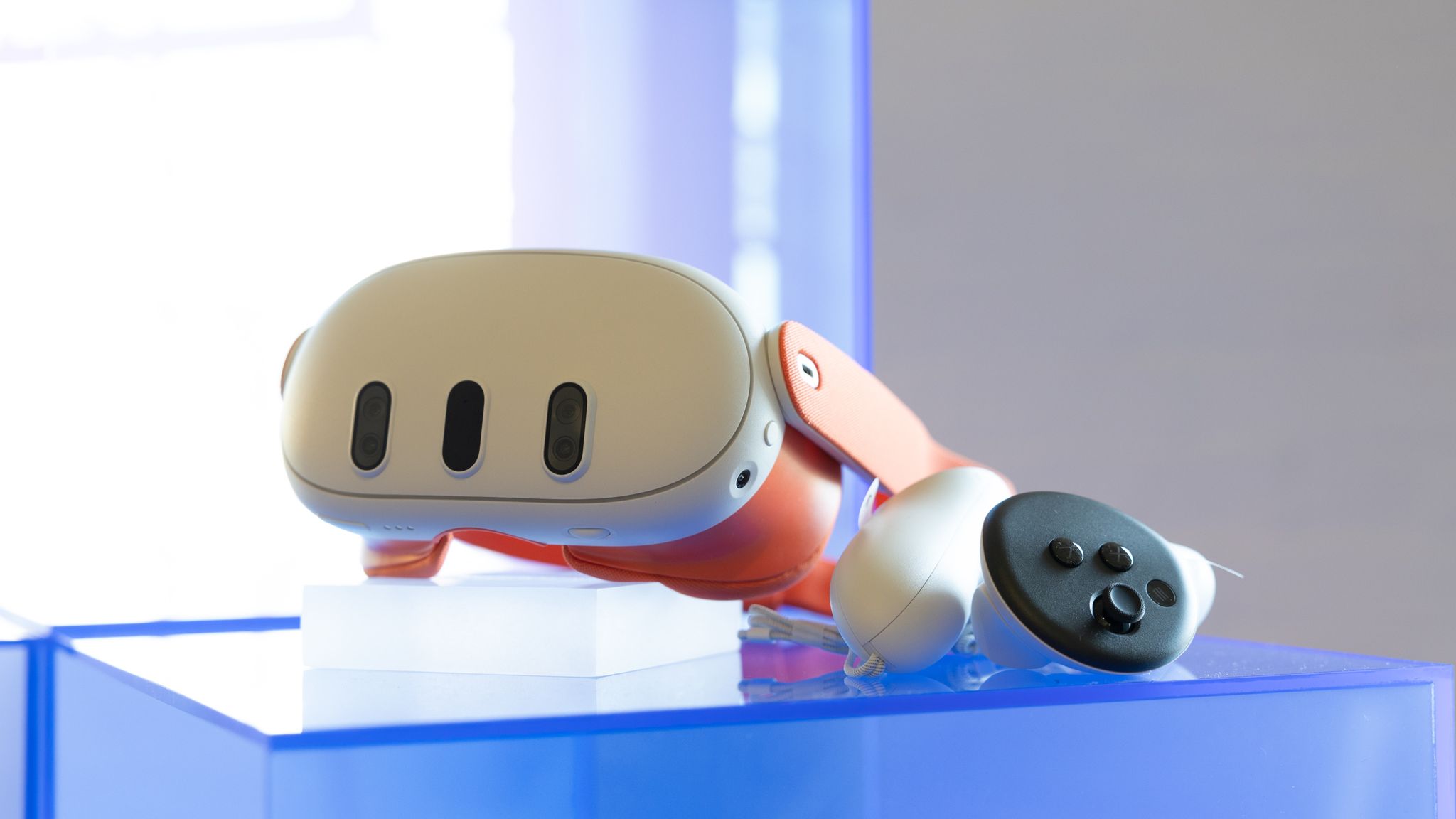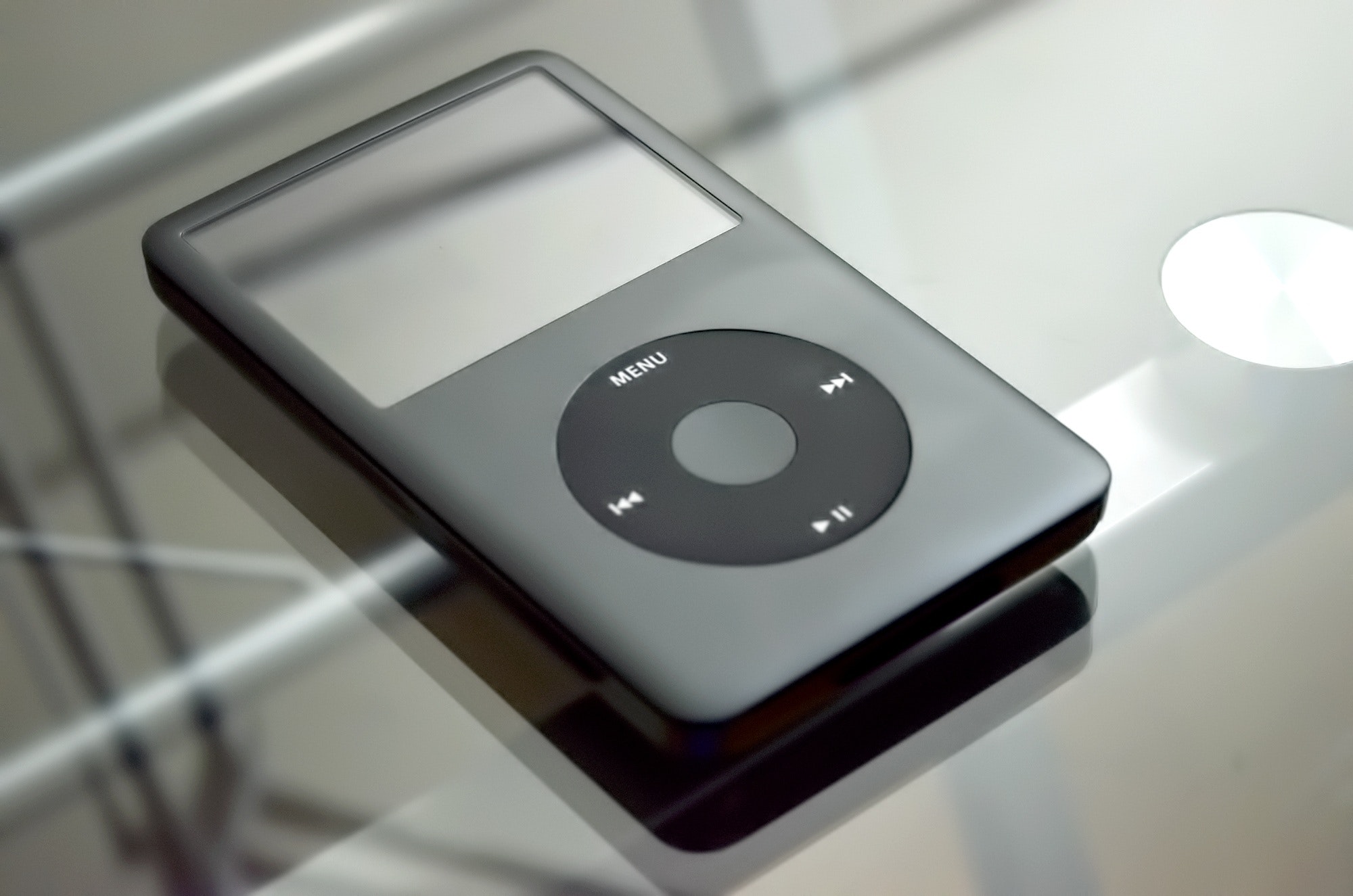Navigating the World of Biohacking
Biohackers are individuals who operate at the intersection of biology and technology, exploring potential ways to modify the human body from a grassroots level. Also, often leveraging genetic engineering and synthetic biology, biohackers experiment with methods of augmenting the human body’s capabilities. Some common examples include implanting microchips to aid interaction with technology, self-administered gene therapy, and regimen optimization for cognitive and physical performance enhancements.
The Draw and Dark Side of DIY Biology
The appeal of DIY biology stems from its democratizing effect on science—lowering entry barriers and encouraging public participation. Here, curiosity-driven amateurs can play the role of scientists, applying genetic modification principles to instigate personal enhancements or help resolve medical issues.
However, the unrestricted nature of DIY biology presents pressing safety and ethical concerns. In unsupervised hands, gene-editing tools like CRISPR could have unpredictable effects, leading to potential harm or unintentional creation of new diseases. Also, there is the looming fear of bioterrorism, where genetic materials could be manipulated for harmful purposes.
The Societal Impact of Biohacking
The possibility of self-editing human genes and augmenting our bodies fundamentally alters our view of what it means to be human. This shift bears deep societal implications. So, on one hand, biohacking’s promise of enhanced capabilities could lead to a more productive society. On the other, it could exacerbate inequality by establishing a divide between those who can afford enhancements and those who cannot.
The Future of Human Enhancement
Unmistakably, we find ourselves on the frontier of a new era of human evolution directed by our own hands. As biotechnologies become more accessible and sophisticated, the debate around their control, usage, and the definition of ‘natural’ intensifies.
While the prospects of biohacking and DIY biology are exciting, they come with significant ethical, safety, and societal considerations that warrant careful examination. Also, public discourse must keep pace with these advances, ensuring technology serves to empower humanity. So, stepping into the future of human enhancement, one thing is clear: we must tread thoughtfully, marrying scientific curiosity with a deep sense of responsibility.





